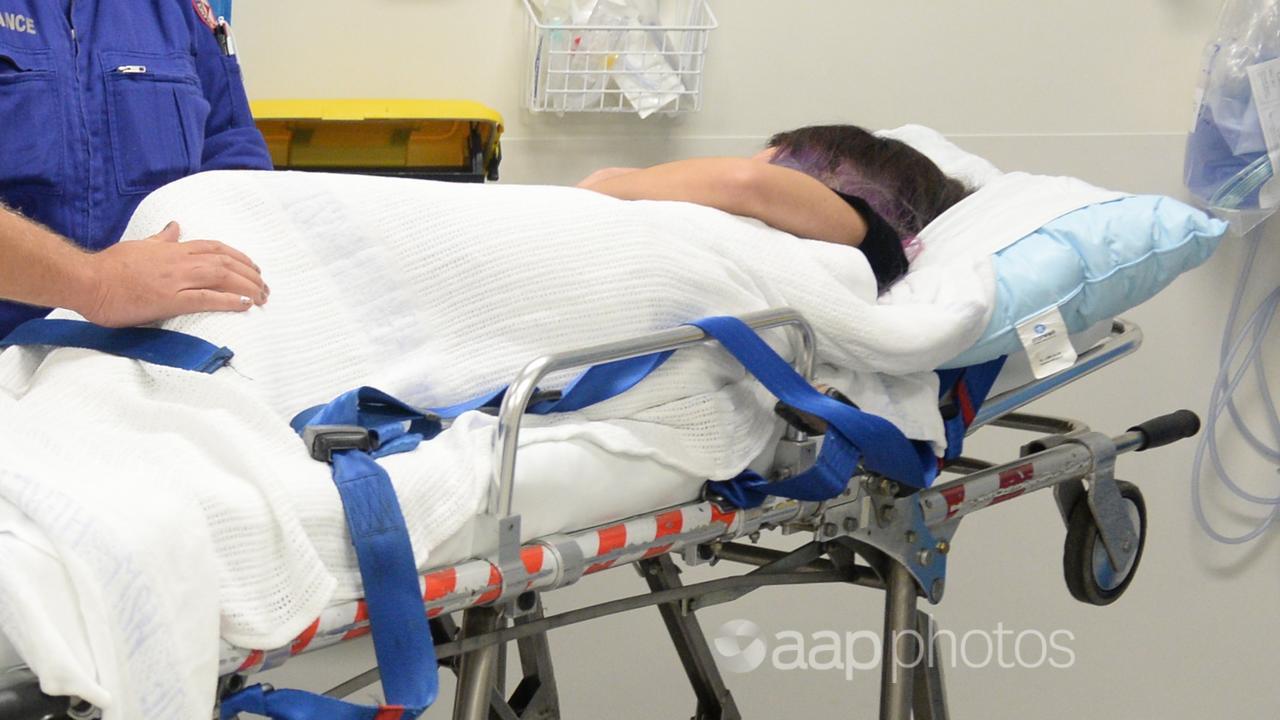The Statement
A Facebook post claims that wearing face masks causes oxygen deprivation, carbon dioxide intoxication and leads to permanent neurological damage, especially in children.
The post features a photo and a purported statement by “world-renowned neurologist” Margareta Griesz-Brisson, a neurophysiologist with a practice in London. The lengthy post, quoting Dr Griesz-Brisson, makes the central claim that rebreathing exhaled air when using a mask will “create oxygen deficiency and a flooding of carbon dioxide”.
The post, which has been shared by New Zealand Facebook users, was originally posted by this Facebook user. At the time of publication it had been shared more than 2100 times.

The Analysis
Can using a face mask deprive the brain of oxygen and cause carbon-dioxide flooding? Not according to the World Health Organization, which debunked the “myth” in June.
“The prolonged use of medical masks can be uncomfortable. However, it does not lead to CO2 intoxication nor oxygen deficiency,” WHO says on its website.
The health agency does say, however, that children aged five and under shouldn’t be required to wear masks, while mask-use among those aged between six and 11 should be based on factors such as local transmission levels, adult supervision and the potential impact of wearing a mask on learning development.
AAP FactCheck examined the two main claims in the Facebook post: that mask use can create an oxygen deficiency and that it can cause a harmful flooding of carbon dioxide.
Research published in the Annals of the American Thoracic Society this month directly addresses the effect of masks on gas exchange in healthy people and those with lung disease.
The research tested CO2 levels and oxygen saturation before and after wearing a surgical mask on 15 physicians without lung conditions and 15 veterans with severe respiratory disease, such as emphysema, chronic bronchitis and chronic asthma.
It found that “gas exchange is not significantly affected by the use of surgical mask, even in subjects with severe lung impairment” (page 3).
Dunedin pathologist Dr Ling Chan, a co-author on a NZ Medical Journal report on the use of masks in COVID-19 infection control, told AAP FactCheck there was no evidence that mask-wearing increased carbon dioxide intake.
“The CO2 would pass through the gaps ’round the side and through the face covering as CO2 (molecules are) much smaller than the fabric/mask materials,” Dr Chan said.
On the question of whether masks cause low oxygen levels, pulmonologist Dr David G Hill rejected the claim in a blog post for the American Lung Association.
“Absolutely not. We wear masks all day long in the hospital. The masks are designed to be breathed through and there is no evidence that low oxygen levels occur,” he wrote.
He did acknowledge that prolonged use of N-95 masks, which filter at least 95 per cent of airborne particles, could be detrimental to patients with pre-existing lung disease, but that “there is absolutely no scientific evidence that mask-wearing or physical distancing weakens the immune system”.
In a video posted to Twitter, a Dublin-based doctor debunked the claim that masks can lower oxygen levels by putting on six masks while measuring the oxygen saturation levels in his blood.
“I managed to get six face masks on + it had no effect on my oxygen levels!” Dr Maitiu O Tuathail tweeted.
Dr Michael Niederman, a pulmonologist with New York-based Weill Cornell Medicine, told Associated Press that wearing masks does not decrease oxygen levels, nor does it increase carbon dioxide levels. “There’s no evidence that I know of that they are going to harm anyone.”
UNSW Sydney epidemiologist Dr Abrar Ahmad Chughtai told AAP FactCheck it was important to differentiate between N-95 respirators used by health care professionals and disposal cloth masks worn by the public.
One study showed that N-95 masks don’t lead to increased physiological burdens when used by healthcare workers, however it did find increased carbon-dioxide levels and reduced oxygen inside the “dead space” between the mask and the wearer’s face.
“N-95s seal around your face so that there is no leakage,” Dr Chughtai said during a phone interview.
“Prolonged use of N-95, technically, yes, some CO2 can accumulate. After, for example, two hours, that’s why we say health care workers should take some rest.
“But with general surgical masks and cloth masks there is no evidence, and it is almost impossible.”

The Verdict
Wearing a face mask for a prolonged period does not lead to carbon-dioxide intoxication or oxygen deprivation, according to the World Health Organization and experts contacted by AAP FactCheck. However some experts say the wearing of N-95 masks by those with lung conditions or for prolonged periods is not recommended.
False – The primary claim in the Facebook post is inaccurate.
AAP FactCheck is an accredited member of the International Fact-Checking Network. If you would like to support our independent, fact-based journalism, you can make a contribution to AAP here.
All information, text and images included on the AAP Websites is for personal use only and may not be re-written, copied, re-sold or re-distributed, framed, linked, shared onto social media or otherwise used whether for compensation of any kind or not, unless you have the prior written permission of AAP. For more information, please refer to our standard terms and conditions.

















